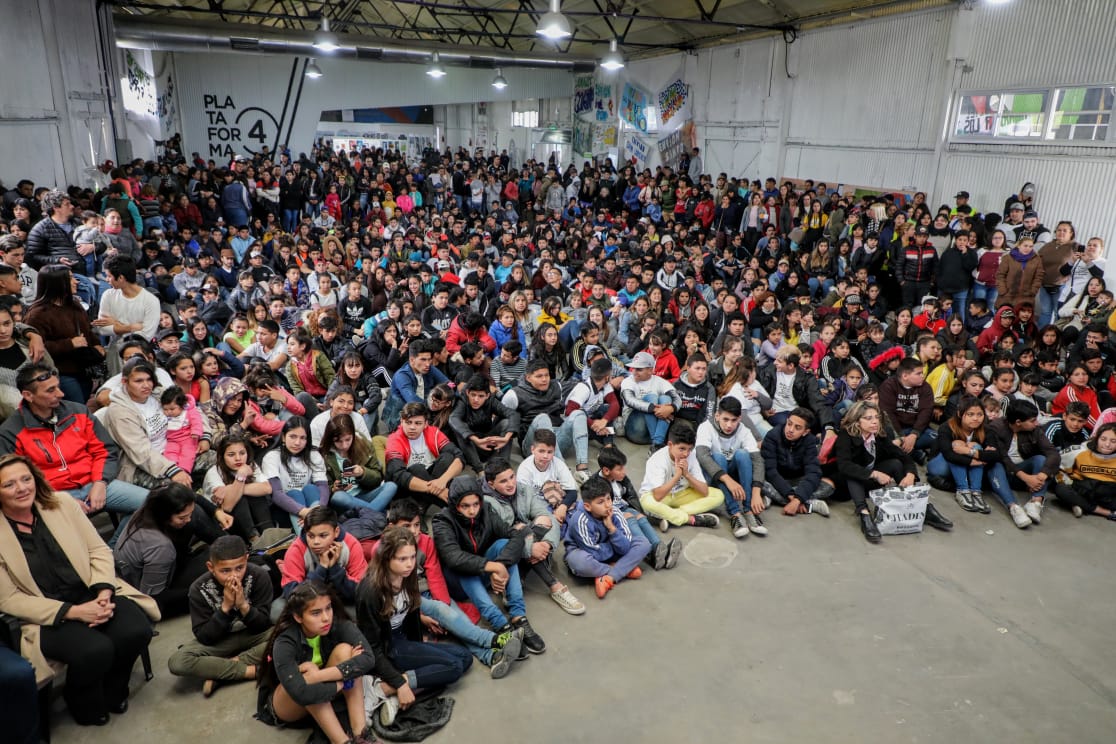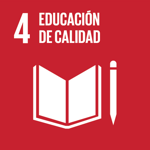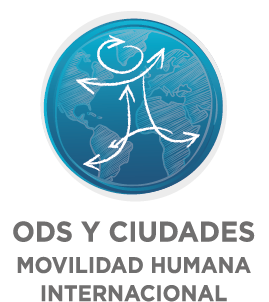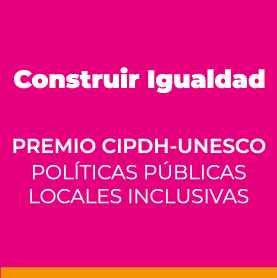
- Region
- Latin America and the Caribbean
- Range of Demographic Size
- 500,000 to 999,999 inhabitants (big)

4.1 By 2030, ensure that all girls and boys complete free, equitable and quality primary and secondary education which must be free, equitable and of quality and leading to relevant and effective learning outcomes.
4.3 By 2030, ensure equal access for all women and men to affordable and quality technical, vocational and tertiary education, including university.
4.4 By 2030, substantially increase the number of youth and adults who have relevant skills, including technical and professional skills, to access employment, decent jobs and entrepreneurship.
Convention on the Rights of the Child (CRC).
Universal Declaration of Human Rights (UDHR).
International Covenant on Civil and Political Rights (ICCPR).
International Covenant on Economic, Social and Cultural Rights (ICESCR).
Additional Protocol to the American Convention on Human Rights in economic, social and cultural rights (San Salvador Protocol).
Summary
The Envión Avellaneda program is a social policy focused on the young population aged between 12 and 21 in a vulnerable situation or who suffer unmet basic needs. Through the inclusion, protection, and prevention in the fields of education, work, health, arts, and sports, together with the Municipal Council for Inclusion Policies and New Projects, the idea is to generate participation spaces for teenagers to be able to access different stages of training which strengthen their attitudes and aptitudes for their performance in school and work life. At the same time, the community, family and affective links are strengthened, which allows the teenagers to develop and grow and to move away from spaces and situations of vulnerability and social exclusion. The program has 10 field offices where 3,200 young people take part and who also receive a cash grant.
Implementation Date:
Start: 04 / 5 / 2005
End: End: Currently in force
Children and teenagers
Social/citizen participation
Education and training
Subnational goverment
|Companies
- Web: https://www.facebook.com/EnvionMDA/about?locale=es_LA
- Telephone: +54 9 11 5227-7193/7147/7194
- Social Network:
Instrumentos

4.1 By 2030, ensure that all girls and boys complete free, equitable and quality primary and secondary education which must be free, equitable and of quality and leading to relevant and effective learning outcomes.
4.3 By 2030, ensure equal access for all women and men to affordable and quality technical, vocational and tertiary education, including university.
4.4 By 2030, substantially increase the number of youth and adults who have relevant skills, including technical and professional skills, to access employment, decent jobs and entrepreneurship.
Convention on the Rights of the Child (CRC).
Universal Declaration of Human Rights (UDHR).
International Covenant on Civil and Political Rights (ICCPR).
International Covenant on Economic, Social and Cultural Rights (ICESCR).
Additional Protocol to the American Convention on Human Rights in economic, social and cultural rights (San Salvador Protocol).
Location
- Region
- Latin America and the Caribbean
- Range of Demographic Size
- 500,000 to 999,999 inhabitants (big)
Contact details
- Email:
- Web: https://www.facebook.com/EnvionMDA/about?locale=es_LA
- Telephone: +54 9 11 5227-7193/7147/7194
- Social network:



